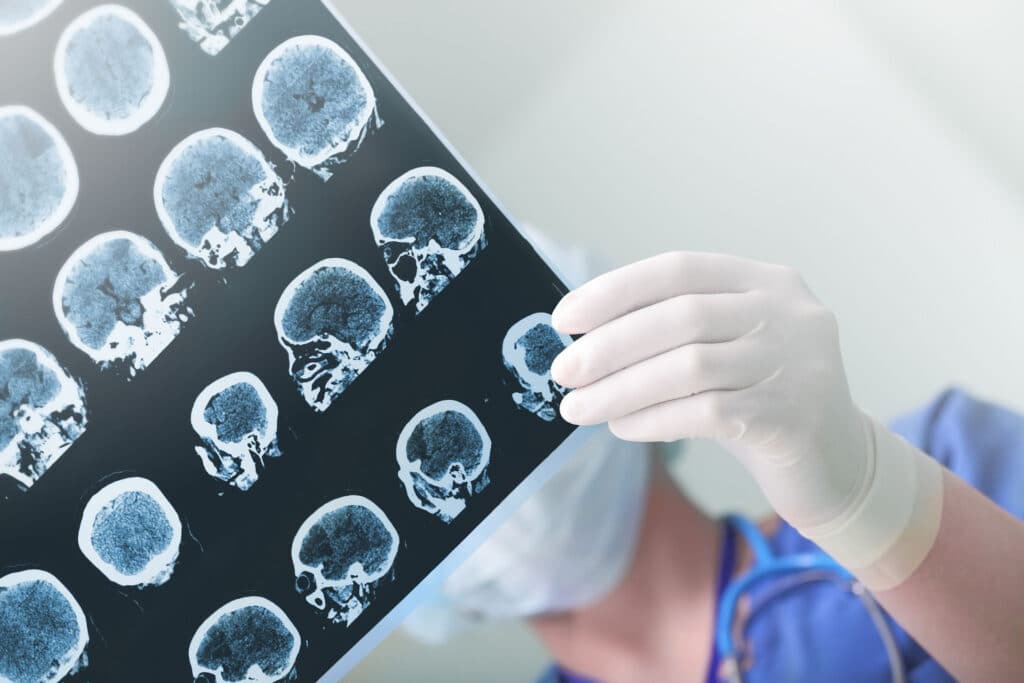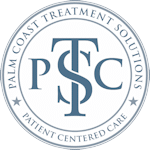Popular Post

Opiates, derived from opium, have been used for centuries due to their remarkable analgesic properties. However, the addictive nature of these drugs has precipitated a global opioid crisis, necessitating a profound understanding of the impact of opiates on the brain and the development of effective treatment options. In this comprehensive overview, we will delve into valuable insights from the Journal of Neurology, Neurosurgery and Psychiatry, and the Harvard Review of Psychiatry to shed light on the multifaceted nature of opiates and explore evidence-based approaches to their treatment.
Understanding Opiates and Their Effects:
Opiates are a class of drugs that interact with specific opioid receptors in the brain and central nervous system, effectively alleviating the perception of pain. Notably, opiates possess the ability to induce euphoria and relaxation, making them highly sought after for recreational use. However, prolonged misuse of these substances can lead to physical and psychological dependence.
The Journal of Neurology, Neurosurgery and Psychiatry highlights that chronic opiate use results in neuroadaptive changes in the brain, altering the reward system and reinforcing addictive behaviors. These changes manifest as cravings, tolerance, and withdrawal symptoms, posing significant challenges when individuals attempt to reduce or cease opiate use.
Comprehensive Approaches to Opiate Treatment:
The Harvard Review of Psychiatry emphasizes the significance of a comprehensive approach to opiate treatment. Medication-assisted treatment (MAT) plays a pivotal role in addressing both the physiological and psychological aspects of addiction. MAT combines pharmacological interventions, such as methadone, buprenorphine, or naltrexone, with behavioral therapy to reduce withdrawal symptoms, cravings, and stabilize individuals in recovery. Coupled with counseling and psychosocial support, MAT has demonstrated promising results in reducing illicit opiate use and improving treatment outcomes.
Addressing Underlying Factors in Opiate Addiction:
Both sources underscore the importance of addressing the underlying factors that contribute to opiate addiction. Mental health support is essential in treating co-occurring disorders that often accompany opiate addiction, such as depression, anxiety, or trauma. Furthermore, interventions targeting social and environmental triggers, such as peer support groups and vocational training, play a vital role in promoting successful recovery and long-term sobriety.
Emerging Therapies in Opiate Treatment:
The Journal of Neurology, Neurosurgery and Psychiatry and the Harvard Review of Psychiatry discuss the potential of emerging therapies to complement traditional approaches in opiate treatment. Non-opioid medications for pain management are being explored as alternatives to opiates, aiming to reduce dependence on these highly addictive substances while providing effective pain relief. Additionally, novel pharmacological approaches that target specific opioid receptors hold promise in developing medications with reduced abuse potential and side effects. The use of neuromodulation techniques, such as transcranial magnetic stimulation (TMS), to modulate brain activity and reduce opiate cravings represents an innovative avenue for further investigation.
The opioid crisis presents a significant public health challenge that necessitates a comprehensive understanding of opiates and the implementation of evidence-based treatment strategies. Insights from the Journal of Neurology, Neurosurgery and Psychiatry, and the Harvard Review of Psychiatry shed light on the neurobiological mechanisms of opiate addiction and the effectiveness of various treatment approaches. By incorporating a comprehensive approach that combines pharmacological interventions, behavioral therapy, and addressing underlying factors, we can improve outcomes for individuals grappling with opiate addiction. Ongoing research and a multidisciplinary approach are vital in tackling the opioid crisis and ensuring the well-being of affected individuals and communities.
Contact Us
CALL US NOW
Palm Coast Treatment Centers will iron out the details for you in a manner that will make you confident in your path to sobriety. That first simple call is your ticket to making Palm Coast Treatment Centers your solution for addiction. Get the freedom from addiction that you deserve today.
Call Us Now: (386) 284-4151Updated News
LATEST POSTS
Palm Coast Recovery Solutions makes numerous media outlets available to encourage you in your recovery process. Digital media literature is approved by a licensed professional and intended to guide you in your recovery path.

Years of experience
Our leadership team has extensive experience in dual-diagnosis treatment and is ready to help those who are struggling with substance use and mental health.

Specialists
Our staff consists of many licensed addiction and mental health treatment facilitators and other staff who are ready to share their experience and their success.

Happy patients
Palm Coast Treatment Centers has helped over 2,000 people who have struggled with substance use and mental health to find road to recovery.
Contact Us
GET IN TOUCH
Reaching out to Palm Coast Treatment Centers may be the most important call of your recovery process. A caring professional is waiting for your call to be your guide to addiction-free living.
Need Help? Contact Us
Areas and Cities We Serve SUD & Mental Health Treatments in Florida
OviedoOrlandoDelandJacksonvillePort St. LucieTampaAltamonte SpringsKissimmeeSt CloudWinter GardenWinter ParkClermontMelbourneSanfordDeltonaLake MaryMount DoraLeesburgThe VillagesUnion ParkSt. AugustineDupontPort OrangeOrmond BeachHolly HillDaytona BeachEdgewaterOak HillMaytownEldoraGenevaTitusvilleChristmasPort St. JohnPort CanaveralCocoa BeachOsteenSatellite BeachPalm BayRoselandSebastianFellsmereGiffordRockledge
 info@shc.health
info@shc.health 









